pv magazine: What prompted the rebranding of Battrixx to Geon?
Khushi Kabra: We started as Battrixx, focused mainly on EV battery manufacturing around 2020. But this year, we rebranded to Geon to reflect our ambitions in the green energy space.
We no longer want to be seen as just a battery maker. We want to become an end-to-end solutions provider in the energy space — from residential batteries to large-scale energy storage systems. And we target 50% of our revenue to come from energy storage in the next three years.
We have launched home inverter batteries, from 1 kVA to 5 kVA, at India Energy Storage Week 2025. That’s just the start. We’re already developing commercial, industrial, and even 5 MWh containerized utility-scale systems.
For C&I and telecom, we’re working with partners to develop localized solutions. On the utility side, we plan to become an integrator and commissioning partner, offering fully integrated BESS solutions.
BESS cost is a major concern for customers. How do you plan to compete with Chinese imports?
Right now, most BESS systems in India are basically semi- or fully knocked-down kits imported from China. But with several companies launching lithium-ion cell manufacturing in India, we’re exploring partnerships to secure supply of li-ion cells locally. We also expect duties on imports to come in, making local production even more viable.
Your residential inverter batteries are your first B2C products. What are your plans for the rooftop solar market?
We’ve onboarded a few distributors, primarily in North India. Given the potential to integrate with rooftop solar, especially after the launch of the PM Surya Ghar Muft Bijli Yojana, we’re in talks with solar solution providers to offer bundled solar plus storage solutions for homes.
Many legacy lead-acid battery manufacturers are entering the lithium battery space. Is there enough room for everyone?
Currently, the home inverter battery market in India is around INR 10,000 crore. Given that the market is growing at 6-7% per annum and that it’s primarily dominated by lead-acid batteries, there exists huge potential as more people transition to lithium batteries.
Lithium batteries offer a lot of benefits over lead acid. These are much smaller in size because the energy density is higher. Also, these charge faster. In three hours, you can have the battery up and running again. Additionally, lithium batteries are safer se than lead-acid. As lithium batteries are smaller in size, these also take less energy to manufacture than lead-acid batteries.
Do you see Geon eventually manufacturing lithium-ion cells?
Not in the immediate future as we want to focus on utilizing the full capacity of our battery pack assembly unit. We are in discussions with Indian cell manufacturers to become their battery pack partners. Our Pune facility currently has a production capacity of 7 GWh across EV batteries and energy storage systems.
This content is protected by copyright and may not be reused. If you want to cooperate with us and would like to reuse some of our content, please contact: editors@pv-magazine.com.

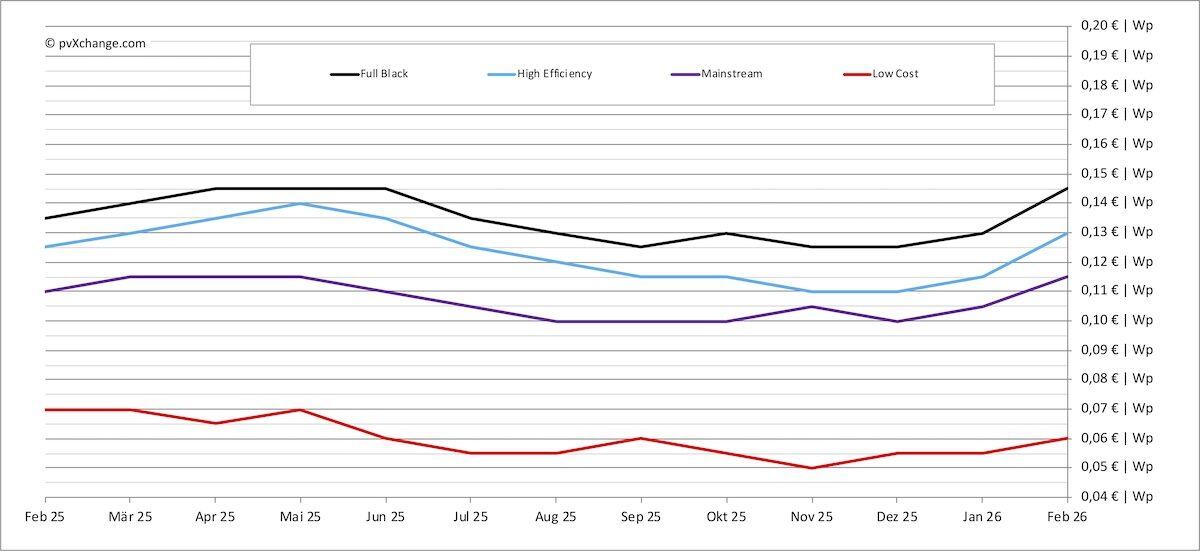


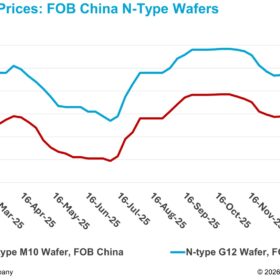
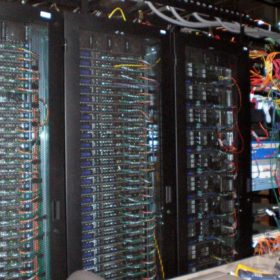
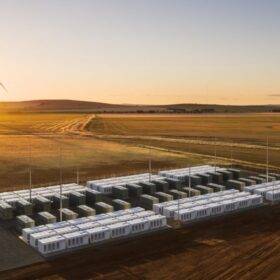
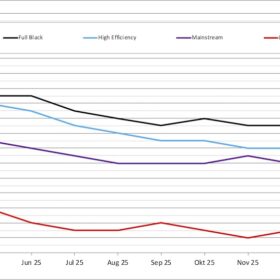
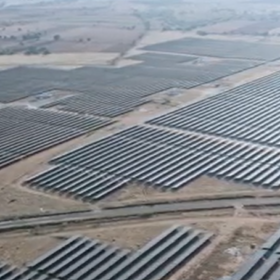
1 comment
By submitting this form you agree to pv magazine using your data for the purposes of publishing your comment.
Your personal data will only be disclosed or otherwise transmitted to third parties for the purposes of spam filtering or if this is necessary for technical maintenance of the website. Any other transfer to third parties will not take place unless this is justified on the basis of applicable data protection regulations or if pv magazine is legally obliged to do so.
You may revoke this consent at any time with effect for the future, in which case your personal data will be deleted immediately. Otherwise, your data will be deleted if pv magazine has processed your request or the purpose of data storage is fulfilled.
Further information on data privacy can be found in our Data Protection Policy.